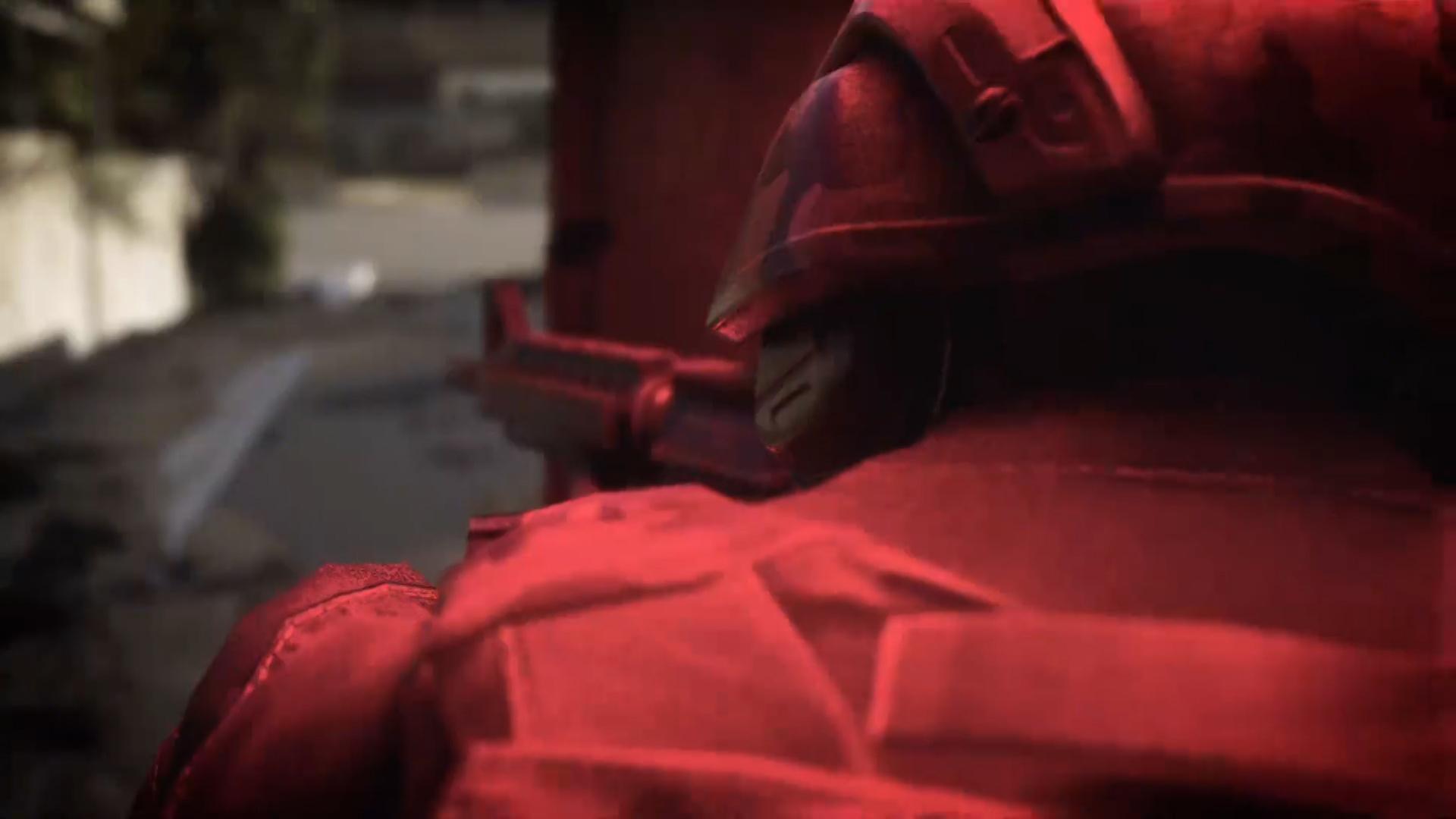At the beginning, he showed “For the Rest of the Story” a film about the reality of life in Tunisia and about the political forebodings that the country went through prior to the date of 7/25/2021, the date on which the country’s president, Qais Saeed, began to put all powers in his own hands, after he resorted to dissolving Parliament and dismissing him. The government, before extending its procedures to reach the judiciary as well.
The film also shed light on the referendum called by Kais Saied for Tunisians to say their opinion on a new constitution, which many Tunisians saw as robbing the Tunisian people of national and political rights that they seized more than a decade ago after decades of authoritarianism and authoritarianism.
Although the participation rate in the referendum did not exceed 30% of the 9 million Tunisians entitled to vote, and despite all the uproar about the results of the referendum and accusations of fraud, Walid al-Abbasi, a leader in the Popular Current Party, saw that the turnout in the referendum was very good, especially The referendum was held during the summer holidays, which forced many Tunisians not to participate in it.
According to Abbasi's assurances to "The Story is Rest", the new constitution is a hope for most Tunisians to get rid of the state of political and administrative corruption that was practiced by the ruling class, before it was overthrown by Saeed more than a year ago.
Al-Abbasi defended Saeed's decisions to dissolve the authorities and put them all in his hands, stressing that Saeed took these measures temporarily, to stop the corruption that was rampant in many state institutions, whether represented by political dependence on the outside and mortgaging the will of the country by flooding it with debts, or in terms of smuggling and spreading drugs. And the practice of monopoly, the accumulation of wealth and the formulation of laws to serve a certain group at the expense of the Tunisian people’s strength, or through supporting terrorism, as he claimed.
Al-Abassi went to classify the opposition in the country into a national opposition, which he said has legitimate and understandable concerns stemming from its concern for the nation's interest, and among another opposition, which he said works for narrow agendas and to serve external forces.
However, the Secretary-General of the Tunisian Republican Party, Issam Chebbi, rejected Abbasi's statements in whole and in detail, and confirmed that Said practiced authoritarianism and deprived Tunisians of their right to freedom and expression when he robbed all the authorities of their owners and put them in his hands.
Chebbi, who was a guest on "The Rest of the Story", refused to say that Saied sought, through his measures, to save Tunisia, but accused him of taking advantage of the crisis situation that the country is going through, so he resorted to stripping the authorities of their powers and took all matters in his hand in an unprecedented dictatorial manner.
Chebbi said that Said actually renounced the freedoms that Tunisians obtained in their revolution in 2011, and that he circumvented the course of the revolution, and was unable to achieve any gains for the country, but that the political and economic conditions during his reign further deteriorated and declined.

